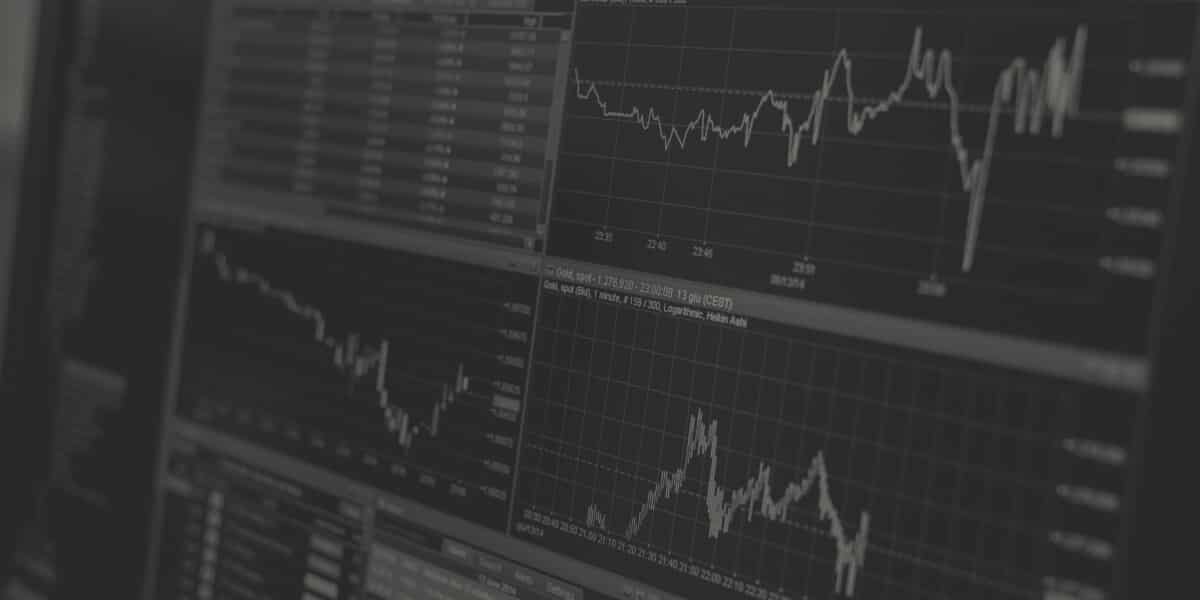Sydney-based lawyer, specialising in corporate transactions. Formerly Legal Intern at Lawpath.
For you to build your wealth, it is necessary to invest in securities that passively generate returns. ETFs are a safe and long-term option to do so.
Exchange Traded Funds (ETFs)
ETFs are investment funds that are traded on the stock exchange. An investment fund is essentially a combined pool of funds with other investors consisting of various securities such as stocks, commodities, and bonds. This way, you will benefit from diversification and lower risk because you work together as a group.
An ETFs price is determined by following a specific index. An index is a hypothetical portfolio which represents the net asset value (NAV) of a particular industry or segment of an industry in the financial market. For example, an ETF that consists of stocks from the banking industry includes stocks from Commonwealth Bank, Westpac, NAB, etc. Subsequently, the ETF tracks the average net asset value of the banks.
The net asset value can be calculated by dividing the total value of securities by total amount of shares outstanding.
Structure
An ETF is a combined basket of securities with multiple underlying assets. This means it may consist of thousands of securities from multiple industries or from one specific industry.
Below are a few types of ETFs:
- Bond ETFs – ETFs that invests in bonds such as government bonds, corporate bonds, and municipal bonds.
- Industry ETFs – ETFs that tracks a particular industry such as technology, banking, oil & gas, etc.
- Commodity ETFs – ETFs that tracks a particular commodity such as gold, precious metals, crude oil, etc.
Benefits
For investors, an ETF provides easy diversification, low costs, and tax benefits while still keeping the characteristics of ordinary stocks.
- Low Costs – Since ETFs are passive, they are not actively managed. This leads to lower management and administrative expenses resulting in lower costs.
- Intra-Day Transactions – ETF transactions can occur any time throughout the trading day. Conversely, mutual funds (another type of index funds) trade at the end of the day. This means that the value of the fund will be whatever the value is at the end of the trading day. This means that ETF investors are able to take advantage of price movements throughout the day.
- Tax Benefits – ETFs are not actively managed, resulting in less turnover of the securities in the portfolio. Furthermore, they passively track a particular index which means there is low capital gains in the short term. These factors lead to lower tax charges.
- Diversification – ETFs are a way for investors to diversify their portfolio. This is because an ETF combines hundreds of thousands of securities into one fund. Diversification leads to lower risks as it can offset losses in 1 specific stock by gains in another stock.
- Transparency – ETFs are transparent because they track publicly listed companies. For example, the S&P 500 tracks the 500 largest publicly listed companies in the US. Investors therefore have access to essentially unlimited informations.
Disadvantages
It is important that you know which ETF you are investing in. This is because of the many risks involving in investing in funds you are uninformed about.
- Emerging Markets – ETFs that invests in companies from emerging markets. These usually consists of companies that are hard to sell individually, so they are combined. The volatility and complexity of emerging markets and companies pose as an increased risk for investors.
- Currency – Occurs if you invest in ETFs that contains companies from overseas. These are affected by fluctuations in the currency (for example, AUD relative to USD).
Examples in ASX
- Vanguard Australian Shares Index ETF (VAS) – Australia’s largest 300 companies. Includes Commonwealth Bank, BHP Group, Wesfarmers etc.
- Beta Shares FTSE RAFI Australia 200 ETF (QOZ) – Australia’s largest 200 companies. Includes Woolworths Group, Suncorp Group, Macquarie Group etc.
- NASDAQ 100 ETF (NDQ) – 100 largest non-financial securities listed on NASDAQ. Includes Apple, Google, Microsoft, Tesla, Starbucks, etc.
- S&P 500 (SPY) – 500 largest companies in US S&P Index. Includes Amazon, Berkshire Hathaway, JP Morgan Chase & Co, Visa.
- US Dollar ETF (USD) – Performance of USD relative to AUD.
- British Pounds ETF (POU) – Performance of GBP relative to AUD.
To read more on on ETFs, you can visit the ASX website.
Conclusion
ETFs are generally safe investments. They generate steady returns as they track the index of an industry, leading to diversification, lower risks, and tax benefits. In the long-term, the overall industry will always grow. Because of this passive investors choose to invest in ETFs rather than actively managed funds by managers. To minimise your risk, you can consult a business lawyer.







